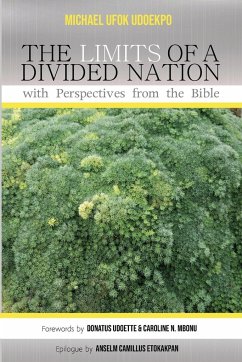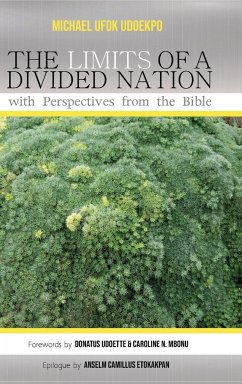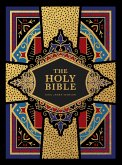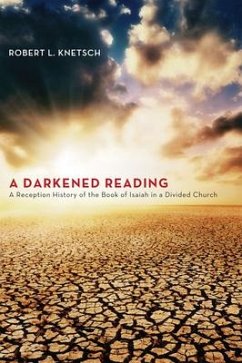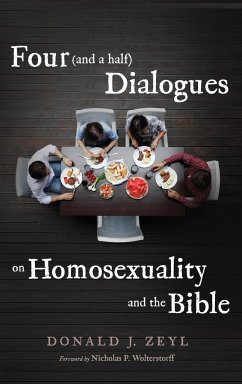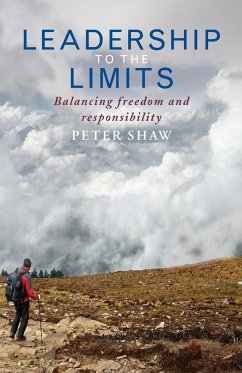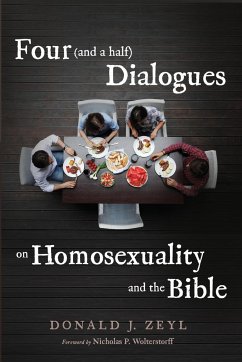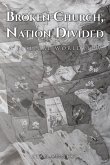Michael Udoekpo's work brilliantly and pastorally discusses the issues of conflict, friction, and disunity in the world--and in Nigeria in particular--from biblical, historical, and sociocultural perspectives. These issues, he stresses, are endemic in various fabrics of the Nigerian society, traceable to the family as the foundation of any given society. They are also found in religious, political, and media groups. Contributing factors, Udoekpo argues, are materialism, infidelity, relativism, and fundamentalism. Others are ethnocentrism, anthropocentricism, ignorance, bribery, and corruption with other forms of injustices. Drawing from the Bible, Udoekpo proposes prayer, proper education, truth-telling, restoration of family values, interreligious and cultural dialogue, ecumenism, enforcement of rule of law, faith, and absolute trust in God as antidotes to conflict, violence, friction, and disunity in our contemporary society.

